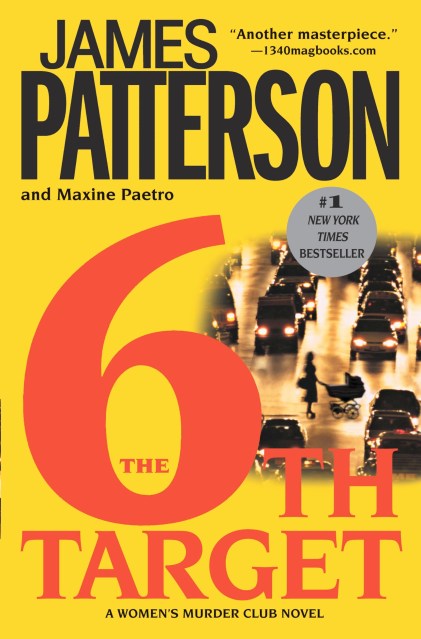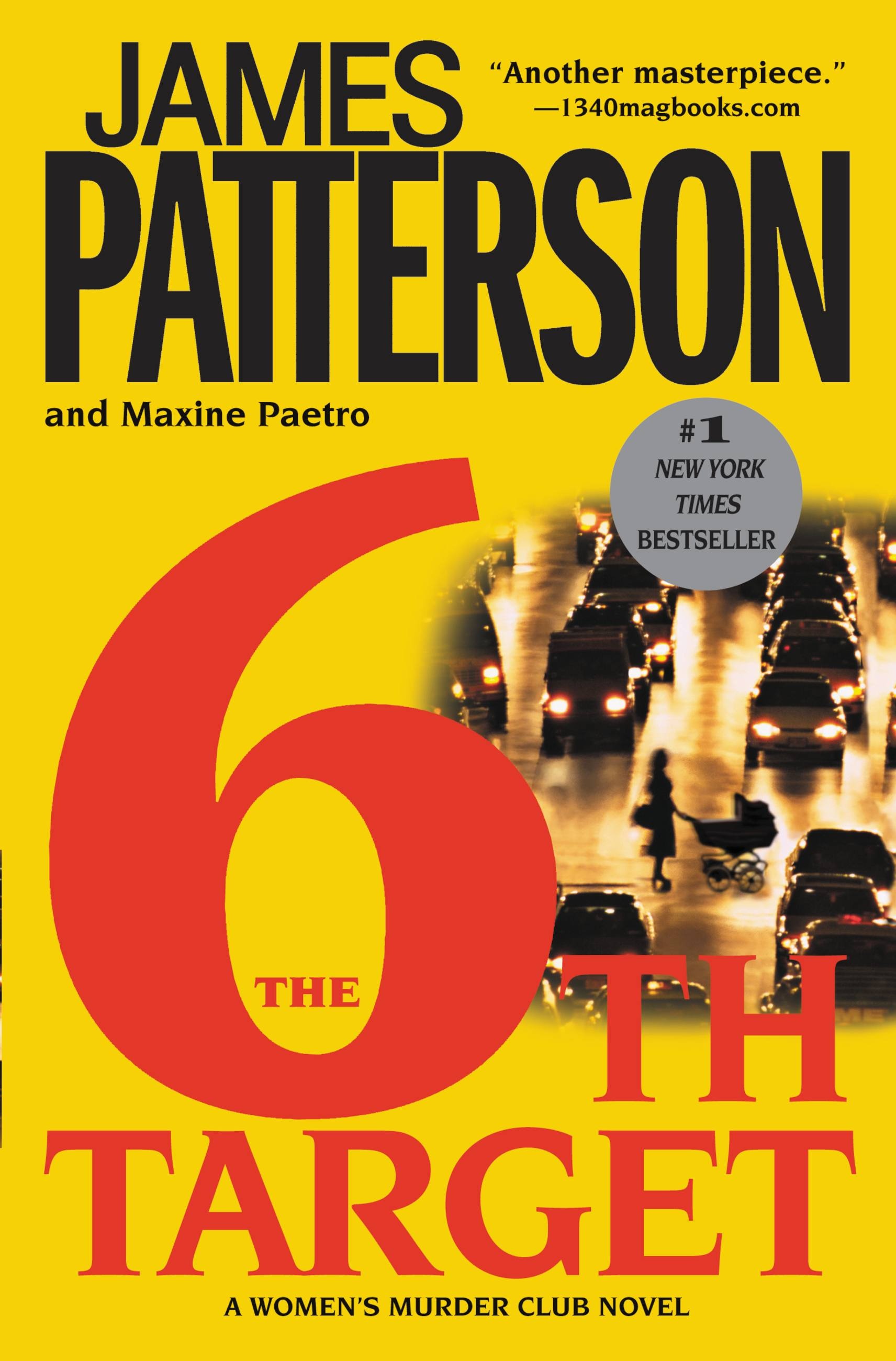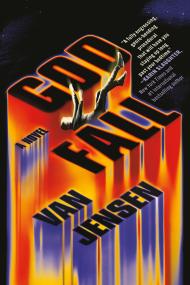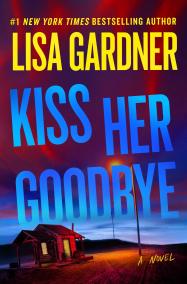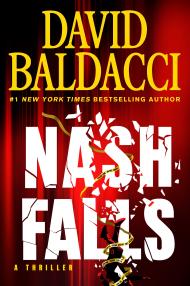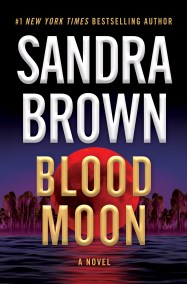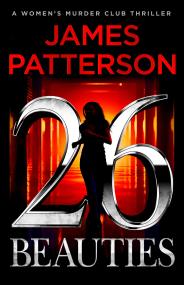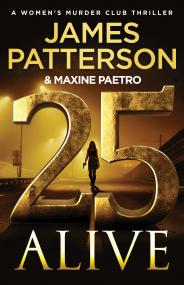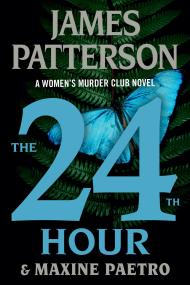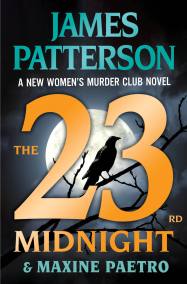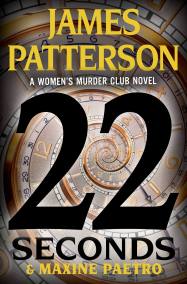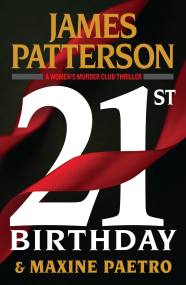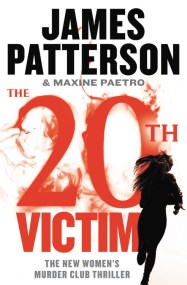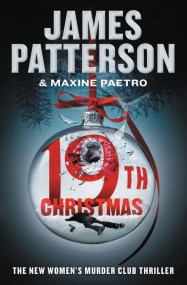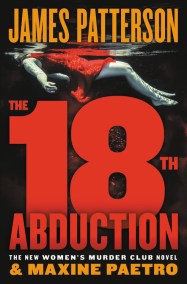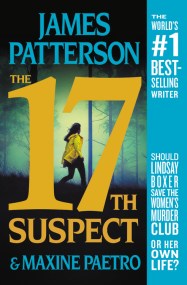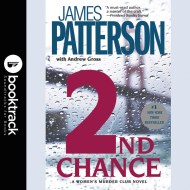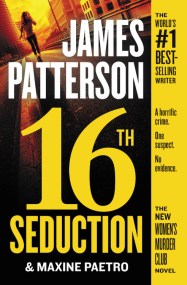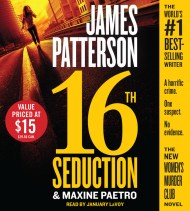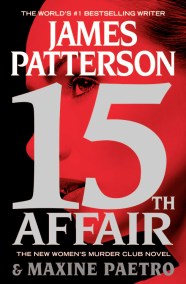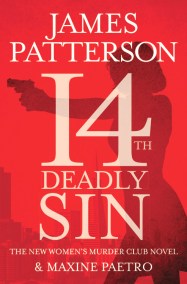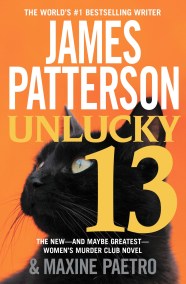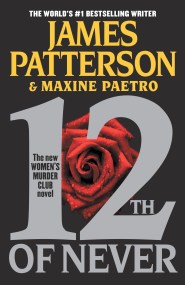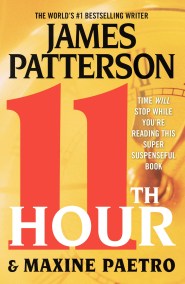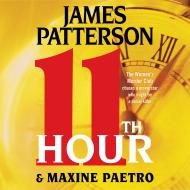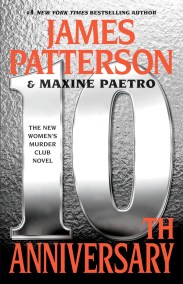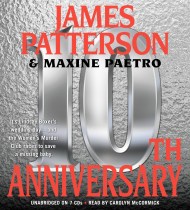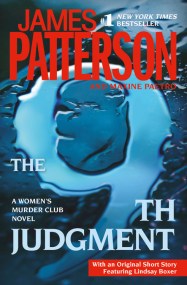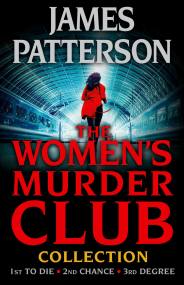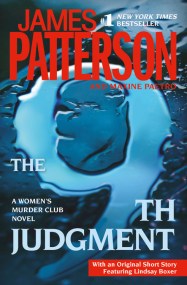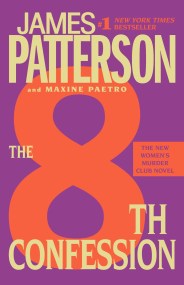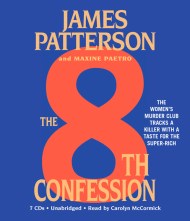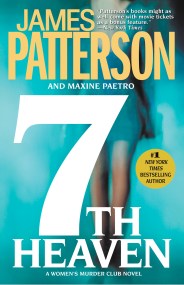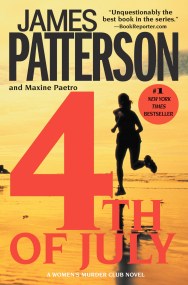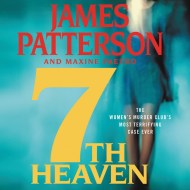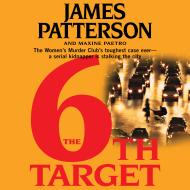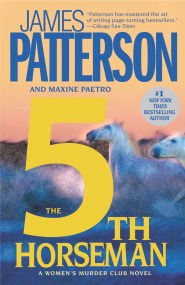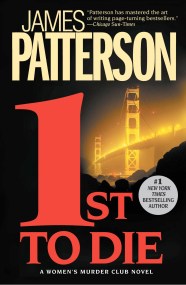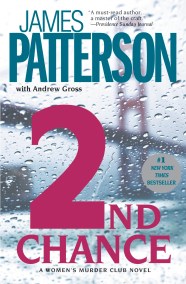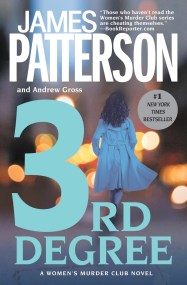By clicking “Accept,” you agree to the use of cookies and similar technologies on your device as set forth in our Cookie Policy and our Privacy Policy. Please note that certain cookies are essential for this website to function properly and do not require user consent to be deployed.
The 6th Target
Contributors
By Maxine Paetro
Formats and Prices
- On Sale
- Jan 8, 2008
- Page Count
- 416 pages
- Publisher
- Grand Central Publishing
- ISBN-13
- 9780446179515
Price
$19.99Price
$25.99 CADFormat
Format:
- Trade Paperback $19.99 $25.99 CAD
- ebook $9.99 $12.99 CAD
- Hardcover (Large Print) $44.00 $55.00 CAD
- Audiobook Download (Unabridged) $24.99
- Mass Market $9.99 $12.99 CAD
This item is a preorder. Your payment method will be charged immediately, and the product is expected to ship on or around January 8, 2008. This date is subject to change due to shipping delays beyond our control.
Buy from Other Retailers:
Lindsay Boxer and her new partner in the San Francisco police department are racing to stop a series of kidnappings that has electrified the city. Children and their nannies are being plucked off the streets, but the kidnappers aren’t demanding a ransom.
Amid uncertainty and rising panic, Lindsay juggles the possibility of a new love with an unsolvable investigation, and the knowledge that one member of the club could be on the brink of death.
And just when everything appears momentarily under control, the case takes a terrifying turn, putting an entire city in lethal danger.
Lindsay must make a choice she never dreamed she’d face—with no certainty that either outcome has more than a prayer of success.
Newsletter Signup
By clicking ‘Sign Up,’ I acknowledge that I have read and agree to Hachette Book Group’s Privacy Policy and Terms of Use
